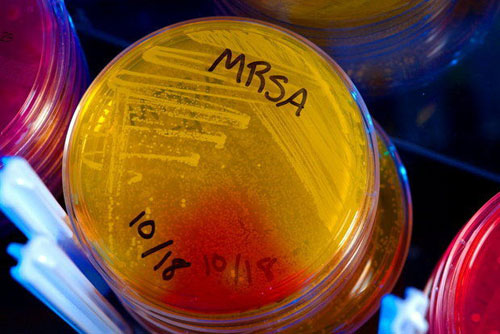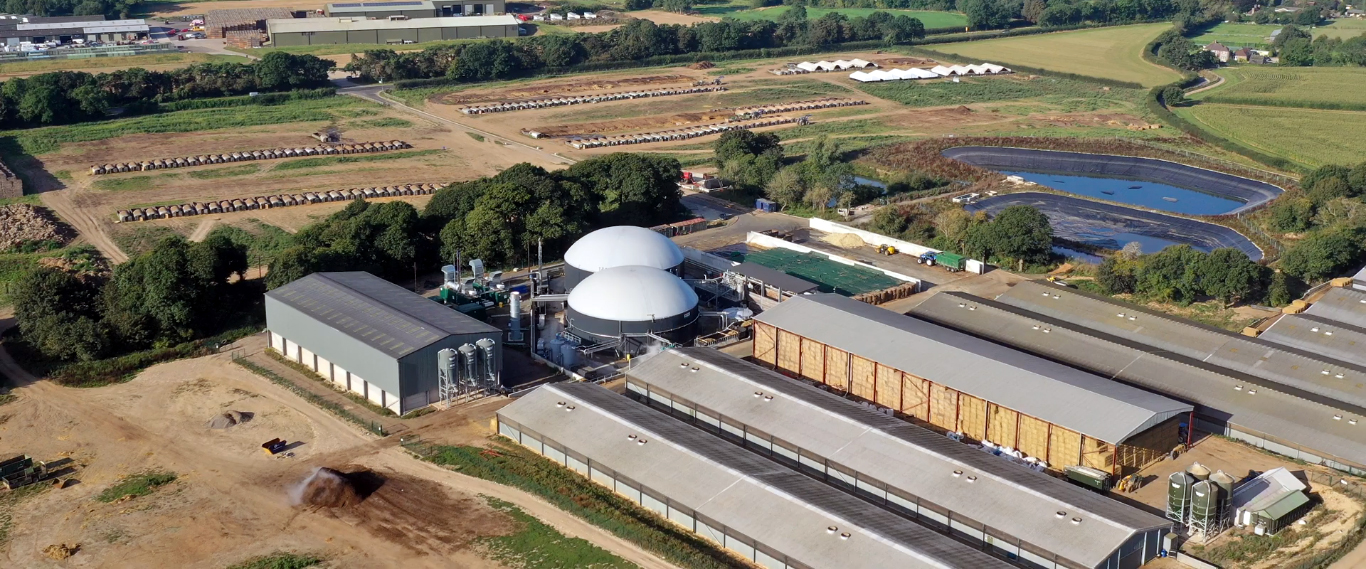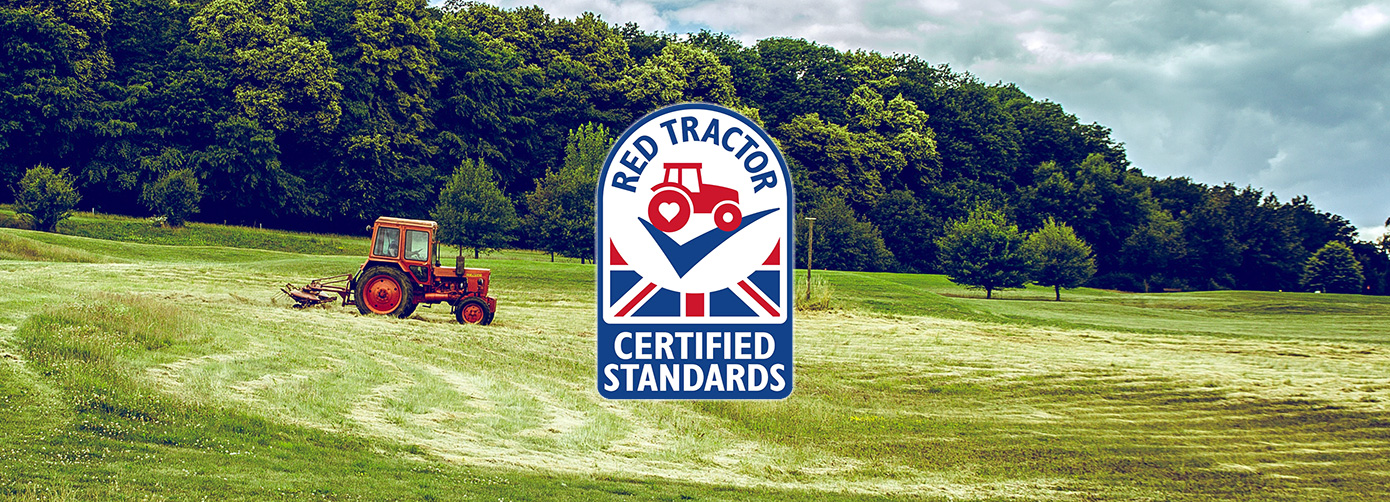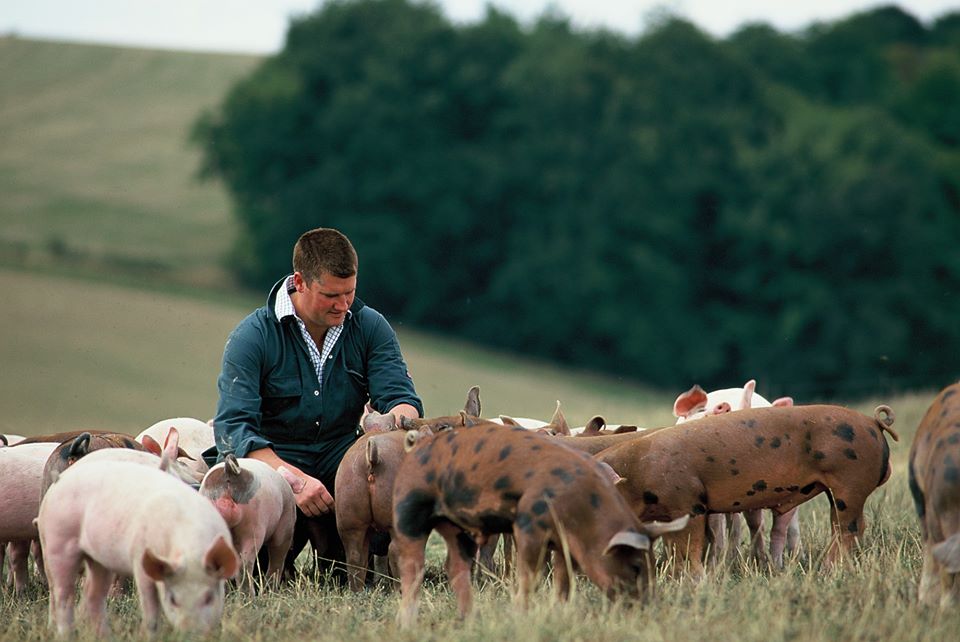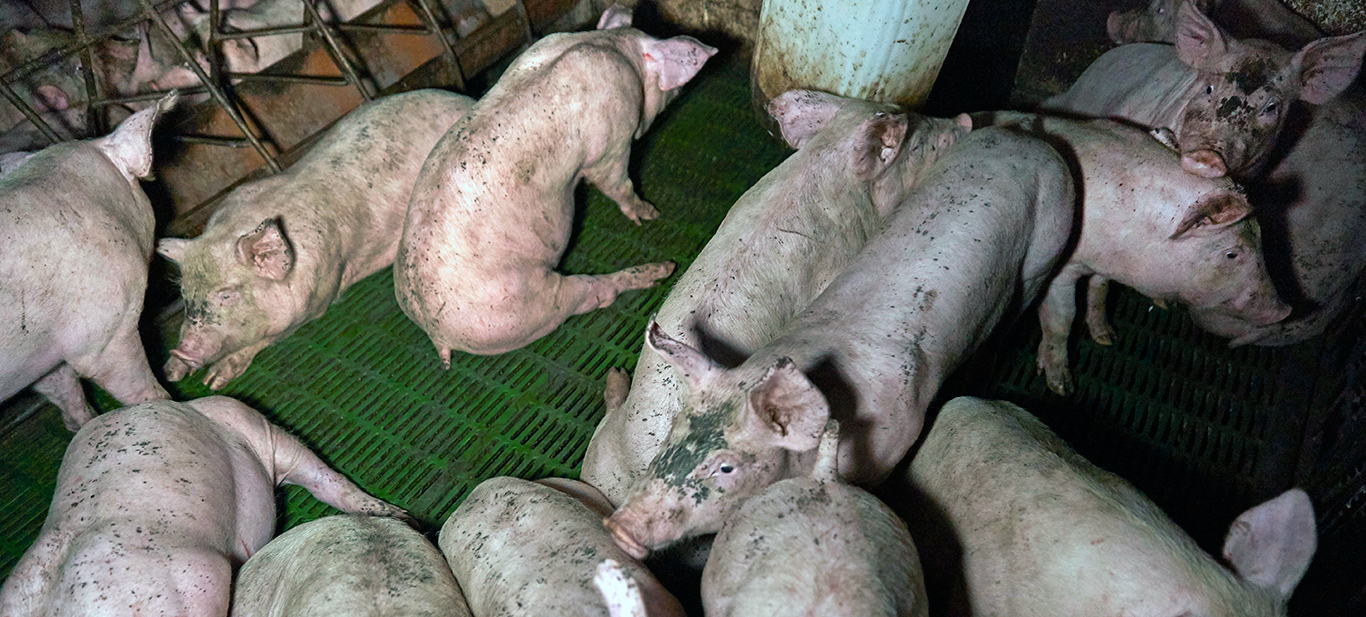We are currently facing an antibiotic crisis. Through the abuse and misuse of antibiotics in animal agriculture and human medicine, scientists are now discovering that both animals and people are becoming resistant to these vital, life-saving drugs. We could be entering the age of the Superbug.
‘Antimicrobial resistance is a ticking time-bomb not only for the UK but also for the world. We need to work with everyone to ensure the apocalyptic scenario of widespread antimicrobial resistance does not become a reality. This threat is arguably as important as climate change’.1
Professor Dame Sally Davies, Chief Medical Officer for England
Antibiotics: A History
In 1900 – before antibiotics were discovered – the average life expectancy in Britain was 50. It is now 81. In this pre-antibiotic world, people were dying from bacterial infections such as strep throat, septicemia, pneumonia, rheumatic fever and tuberculosis, among many others. We can now treat these diseases with a simple course of antibiotics.
In 1929, the scientist Alexander Fleming discovered penicillin, the first antibiotic to be used to cure bacterial infections, for which he won a Nobel Prize. This was one of the most significant medical advances of the 20th Century. It didn’t take long for American and European drug companies to commercialise his discovery and by the mid 1940’s, penicillin was available for widespread distribution. Because Penicillin was so successful, drug companies rushed to start producing more antibiotics to treat different illnesses and infections.
The discovery of antibiotics also meant that animals could be kept in very large, concentrated groups without the risk of disease and infection. As a result, by the end of the 1940’s, preventative antibiotics were standard in factory farms where overcrowding in unhealthy conditions mean that animals need routine antibiotics to keep them alive. This also had the unexpected result of promoting growth, and constant, sub-therapeutic doses of antibiotics for growth promotion, although now banned in the EU, is still used widely in the US. One could argue that the discovery of antibiotics facilitated the inhumane conditions of animal factories.
Understanding the ‘Superbug’ concept
When humans or animals ingest antibiotics, some of the targeted bacteria survive. These resistant bacteria or ‘superbugs’ are immune to the effects of antibiotics, and then multiply so that the disease no longer responds to treatment. The overuse of antibiotics in farm animals (about 45% of antibiotics in the UK are given to farm animals2 with the figure rising to 70-75%3 in the USA) has caused many diseases which pass from animals to humans to become resistant to antibiotics.
The Review on Antimicrobial Resistance commissioned by the UK government reported in December 2015 that 72% of the academic papers found links between agricultural antibiotic use and antibiotic resistance in humans.4
Animals raised in high welfare conditions with plenty of space and bedding rarely, if ever need antibiotics. By choosing to buy only high welfare meat, consumers can support healthy farming systems and help save antibiotics as a cure for human diseases.
Consumers International recently compiled a report explaining how global restaurant chains that could help tackle antibiotic resistance such as McDonalds, Subway and KFC, are failing to act globally to reduce the misuse of antibiotics.
In February 2016 a ministerial conference was held in The Netherlands to address the pressing issue of antimicrobial resistance. The Director General of the World Health Organisation stressed the urgency of tackling the issue in her opening address, highlighting the measures that need to be taken to stop worldwide antibiotic resistance. Another high profile meeting is scheduled for September 2016 in New York.
What Can You Do?
- Only buy high welfare meat! Antibiotics are rarely used on high welfare systems. Check out our labelling guide to make an informed choice.
- Sign the petition that calls for the banning of preventative antibiotics in livestock farming. Well over 1,300,00 people have signed already. Let’s get to 1,500,000!
- Only take antibiotics when your doctor has prescribed them for you, and complete the course, otherwise the surviving bacteria will be resistant.
- Write to your MP and ask them to take a stand against the misuse and abuse of antibiotics in factory farming.
- Spread the word! Being informed is key to creating change. Like, share and tweet about the misuse of antibiotics.
Bibliography
The Independent (2013) Resistance to antibiotics risks health ‘catastrophe’ to rank with terrorism and climate change
Soil Association Antibiotic Resistance: A Looming Crisis
Farming in the 1940’s: Antibiotics and Feed Additives
National Geographic (2015) Apocalypse Pig: The Last Antibiotic Begins To Fail
World Health Organisation (2016) WHO Director-General addresses ministerial conference on antimicrobial resistance
Consumers International (2016) Antibiotics Off The Menu: How Global Restaurant Chains Can Help To Tackle Antibiotic Resistance
Tackling Drug Resistant Infections Globally (2015) Review on Antimicrobial Resistance
References
1. http://www.independent.co.uk/news/science/resistance-to-antibiotics-is-ticking-time-bomb-stark-warning-from-chief-medical-officer-dame-sally-8528469.html
2. http://www.soilassociation.org/antibiotics
3. https://www.washingtonpost.com/blogs/ezra-klein/post/wonkbook-why-you-should-care-about-antibiotics-in-animal-feed/2012/04/12/gIQAOEfZCT_blog.html
4. http://www.nhs.uk/news/2015/12December/Pages/Antibiotic-use-in-farm-animals-threatens-human-health.aspx
Share This Article
Related ArticlesView All
Ching He Huang says #TurnYourNoseUp at Factory Farming
TV chef and food writer Ching He Huang MBE, says #TurnYourNoseUp at factory farming. Her food ethos is to use… Read More
Anaerobic Digesters Facilitating UK Factory Farm Expansion
Malcolm McAllister, CEO of Farm Renewables UK, paints a rosy picture of the anaerobic digester (AD) plants which his company… Read More
Is Red Tractor High Welfare?
When it comes to buying pork, the Red Tractor label does not offer any assurance that the pigs were raised… Read More
#SaveBritishFarming London March
Yesterday, farmers and activists gathered in London to protest the real prospect of sub-standard imports from the US that would… Read More
Farm Case Study 13: Farmer’s Choice, Hampshire
Jason from Farmer’s Choice Free Range in the South Downs says COVID-19 caused an increased demand that was driven both… Read More
Factory Pig Farms Create New Strain of Swine Flu, Scientists Warn
A new strain of the swine flu virus, H1N1 G4, has been detected both in pigs and humans in China…. Read More
